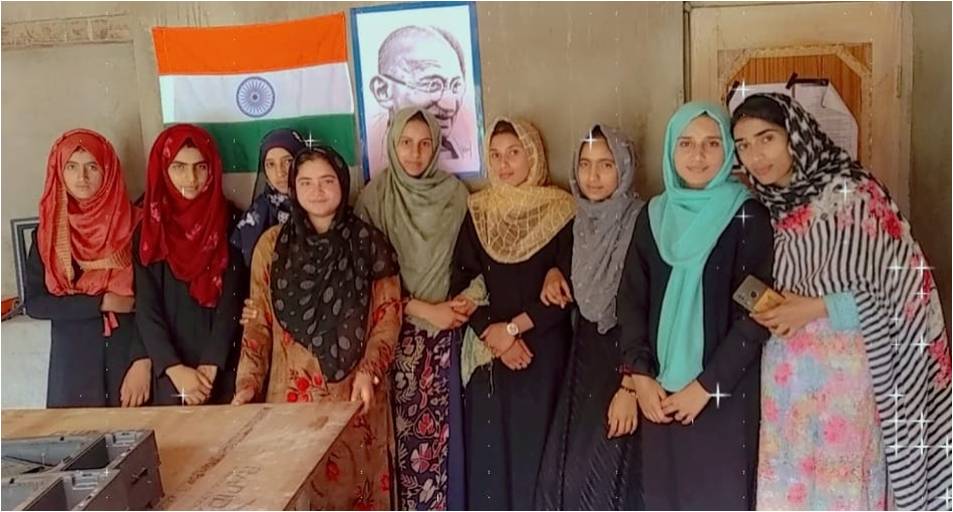Women empowerment has become a popular and necessary topic in many parts of the world, and Kashmir is no exception. The Indian state of Jammu and Kashmir has witnessed a long and difficult history of conflict and violence, which has had a profound impact on the lives of its citizens, particularly women. In this essay, we will discuss the challenges faced by women in Kashmir and the various ways in which women’s empowerment is being promoted in the region. The Conflict in Kashmir has been ongoing since the late 1980s, which has led to numerous human rights abuses, including violence against women. Women in the region have had to deal with numerous challenges, including economic hardship, limited access to education, and health care services, as well as a lack of political representation. The conflict has also led to the loss of lives and property, displacement, and the breakup of families. Women, in particular, have been affected as they have had to take up the roles of breadwinners and caretakers for their families.
However, despite these challenges, women in Kashmir have been able to play a significant role in the region’s social, political, and economic development. Women’s empowerment in Kashmir has become an important topic of discussion, and various initiatives have been undertaken to promote gender equality and women’s rights. These initiatives have been carried out by government and non-governmental organizations, as well as local communities and individuals. One of the significant steps taken to promote women’s empowerment in Kashmir is through education. Education is an essential tool for empowering women and enabling them to participate fully in society. However, many women in Kashmir have limited access to education, particularly at the secondary and tertiary levels. The lack of education has contributed to their exclusion from the workforce and limited their opportunities for personal and professional growth.
Many organizations have undertaken initiatives to provide education and vocational training for women in Kashmir. The government has established schools and colleges for women, and NGOs have set up vocational training centers to provide women with skills that will enable them to participate in the workforce. Women have also been provided with scholarships and financial support to enable them to pursue higher education. Another important initiative that has been undertaken to promote women’s empowerment in Kashmir is the promotion of women’s entrepreneurship. Women’s entrepreneurship has been recognized as an essential tool for promoting economic development and gender equality. Women in Kashmir have been encouraged to start their own businesses and enterprises, and various organizations have provided them with training, mentoring, and financial support.
Women’s entrepreneurship has been successful in Kashmir, with many women settings up successful businesses in various sectors, including handicrafts, agriculture, and tourism. Women’s entrepreneurship has not only enabled women to earn a living but has also provided them with a sense of independence and self-reliance. Political participation is another critical aspect of women’s empowerment. However, women in Kashmir have been traditionally excluded from the political process. In response, various initiatives have been undertaken to promote women’s political participation. Women have been encouraged to participate in local elections, and political parties have been urged to field women candidates in elections. Women’s political participation in Kashmir has increased in recent years, with more women contesting and winning elections at various levels of government. Women’s participation in politics has provided them with a platform to voice their concerns and has enabled them to participate in the decision-making process.
In addition to the initiatives mentioned above, various organizations have undertaken initiatives to promote women’s health and wellbeing. Women in Kashmir have limited access to health care services, particularly in rural areas. The lack of health care services has contributed to high maternal and infant mortality rates in the region. Various organizations have established health care centers and clinics to provide women with access to essential health care services. Women have been provided with reproductive health care services, including family planning and antenatal care. Health care providers


